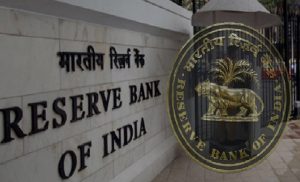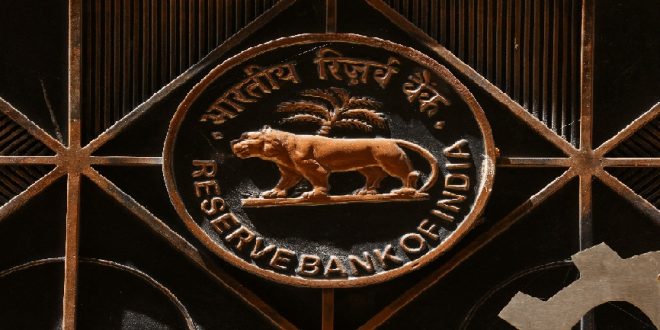07-08-2024
Bureau Report + Agencies
NEW DELHI/ MUMBAI: The Reserve Bank of India said on Monday that the entities it regulates will have to abide by certain broad principles when employing various credit models, as it attempts to ensure prudence and robustness in the use of these models.
“Inherently, model outputs are exposed to uncertainties as they are based on assumptions which may not manifest in the envisaged ways and may take different forms in a real-world scenario,” the RBI said.
 “This potentially exposes the regulated entities to model risk, which has implications on prudential aspects of credit risk management, compliance and reputational risk.”
“This potentially exposes the regulated entities to model risk, which has implications on prudential aspects of credit risk management, compliance and reputational risk.”
The RBI said a regulated entity will have to draft a board-approved policy for all the risk management model frameworks it uses, including the reason for adopting a third-party model and covering any model’s entire life cycle.
The central bank had recently cautioned non-bank finance companies (NBFCs) against becoming over-reliant on algorithm-based credit models, while also urging them to avoid over-lending in certain segments.
All individual credit model deployment and subsequent changes would be based on the approval of the risk management committee of the entity’s board, the central bank said.
Each model should be validated before deployment as well as after any amendments due to material events or periodic reviews, the RBI said.
These models, whether built in-house or a third-party one, should be reviewed at least once a year and each entity should set up a vetting, or validation, process that is independent of the process of selecting the model, it added.
“The models deployed by the REs shall be subjected to supervisory review,” the release said, adding that the circular would come into force three months from issuance.
India’s central bank has cautioned non-bank finance companies (NBFCs) against becoming over-reliant on algorithm-based credit models, while also urging them to avoid overlanding in certain segments.
Rule-based models can lead to inaccuracies in credit assessment, Deputy Governor Swaminathan J said in a speech released on the Reserve Bank of India’s website on Wednesday.
 While many NBFCs are turning to such models to accelerate growth, they “should not allow themselves to be blinded by these models”, said Swaminathan.
While many NBFCs are turning to such models to accelerate growth, they “should not allow themselves to be blinded by these models”, said Swaminathan.
An over-reliance on past data, on which these credit models are built, can lead to mistakes in evolving market conditions, he said.
The deputy governor, speaking to a gathering of senior officials from among non-bank lenders, said they should avoid setting high-risk limits for certain segments like unsecured loans.
“There appears to be a fancy among most NBFCs to do more of the same thing, such as retail unsecured lending, top-up loans or capital market funding,” Swaminathan said.
“Over-reliance on such products may bring grief at some point in time later.”
NBFCs were also asked to diversify their sources of funding to counter any emerging liquidity risks.
Indian shares tumbled about 2% on Monday in their steepest intra-day drop in two months, but faring slightly better than its Asian peers in a sell-off in global equities on fears of a slowdown in US economic growth.
 Pressmediaofindia
Pressmediaofindia




